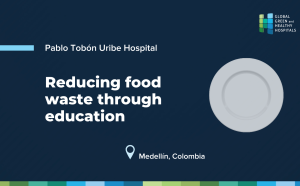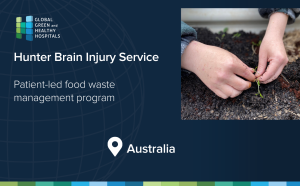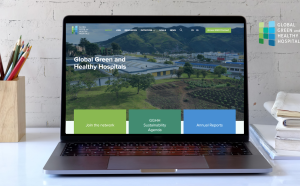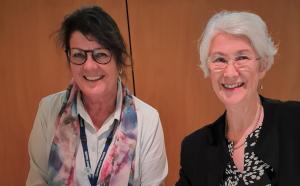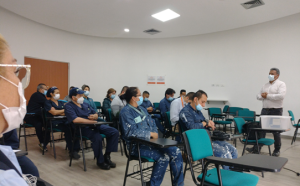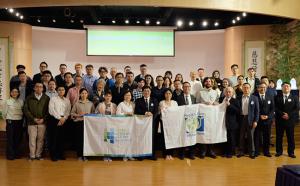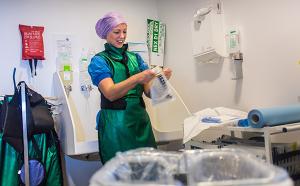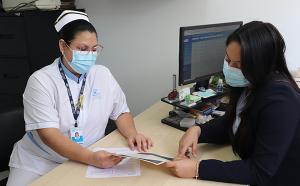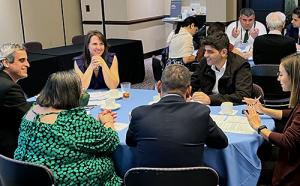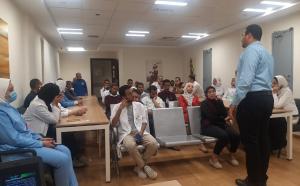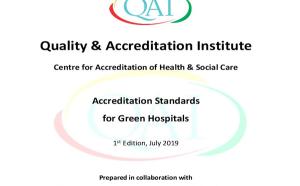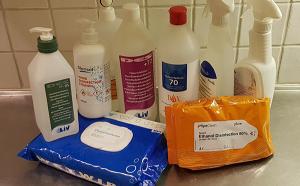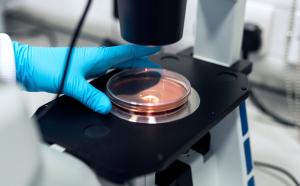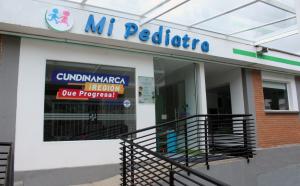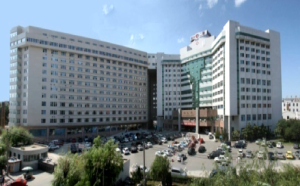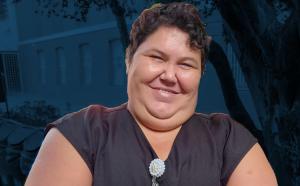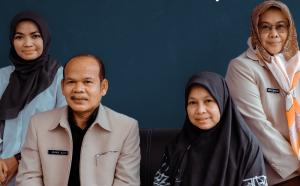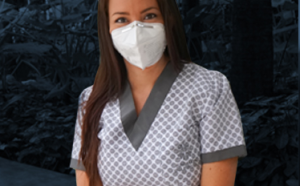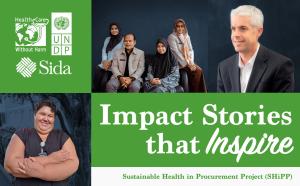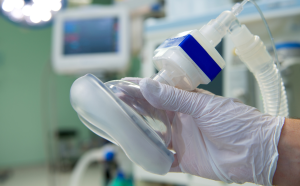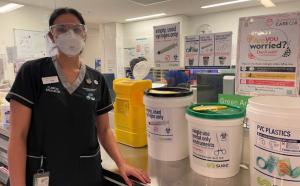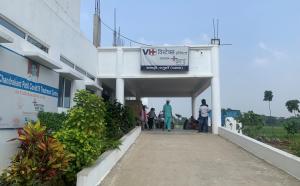The Fachklinik Gaissach hospital has been progressively working on the reduction of the meat content in meals and improving the nutritional value of the servings, and has reduced food waste by 30% over three years.
The Fachklinik Gaissach hospital is a rehabilitation clinic for chronic diseases for children, teenagers and adults in Bavaria, Germany. The hospital, which is a member of the GGHH Network, welcomes approximately 2,600 patients and serves around 234,000 meals annually.
In recent years, the hospital has been progressively working on the reduction of the meat content in meals, and improving the nutritional value of the servings. The team that developed the project started by introducing one meat-free day per week, an initiative that was accompanied by a strong awareness and education campaign
In 2019, the average meat consumption per person in Germany was 59.5 kg/year – almost four times more than the recommended average (15.6 kg/year).
First, the team worked with hospital staff on the health impacts of meat consumption and its consequences on the environment and biodiversity through a series of conferences and workshops. Then, the initiative was presented to patients and their families, who joined at their timings.
The project has grown and now includes different approaches to reduce carbon emissions, food waste, single-use plastics, and the ambition to buy local produce by engaging with local producers and farmers. The hospital has already started to remove endangered animal products, such as tuna or palm oil, and has also reduced food waste by 30% over three years.
According to the IPCC Sixth Assessment Report on Mitigation of Climate Change, “Diets high in plant protein and low in meat and dairy are associated with lower GHG emissions”, and “Benefits would also include reduced land occupation and nutrient losses to the surrounding environment, while at the same time providing health benefits and reducing mortality from diet-related non-communicable diseases”.
“It can work. It can become a reality if you are fully committed to getting it working. This commitment enables you to overcome various barriers and show that there are nutritional and health impacts,” explains Edda Weimann, medical director of Fachklinik Gaissach.
Login to GGHH Connect and find the complete case study.
Not a member yet? Join the GGHH network for free, and receive access to our library of case studies.
July 23, 2025
March 10, 2025
February 06, 2025
July 30, 2024
June 27, 2024
May 28, 2024
February 21, 2024
October 04, 2023
September 20, 2023
September 06, 2023
August 30, 2023
August 16, 2023
August 23, 2023
August 09, 2023
July 26, 2023
June 28, 2023
June 21, 2023
June 14, 2023
May 31, 2023
May 17, 2023
May 03, 2023
April 19, 2023
March 08, 2023
February 23, 2023
February 14, 2023
February 01, 2023
January 18, 2023
January 05, 2023
December 13, 2022
November 30, 2022
November 16, 2022
October 19, 2022
October 05, 2022
September 29, 2022
September 28, 2022
May 31, 2022
April 11, 2022
January 13, 2022
January 06, 2022
November 05, 2020
October 14, 2020


